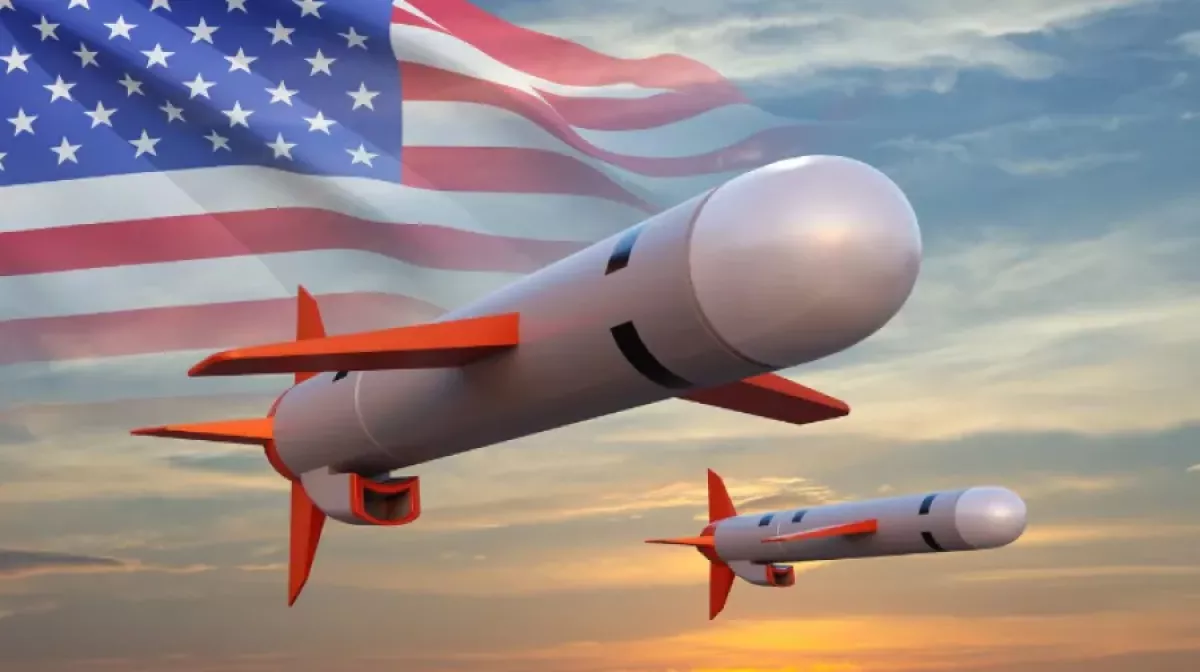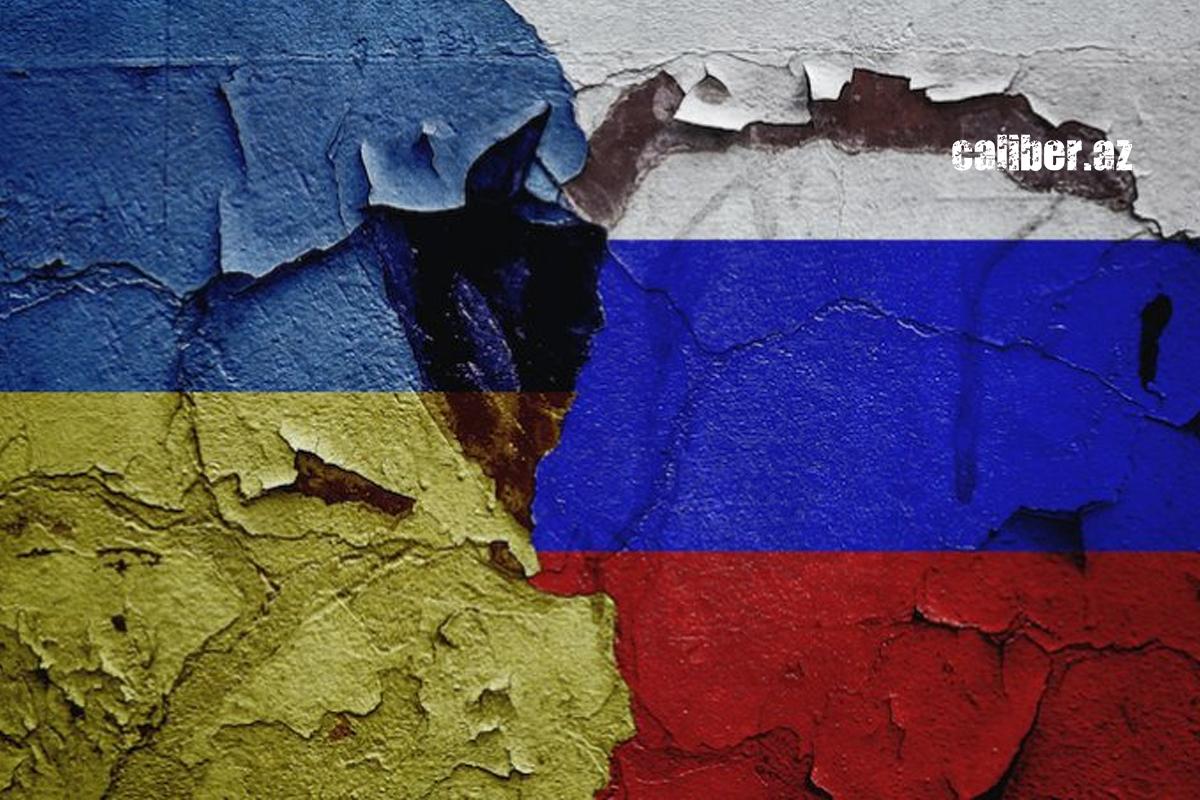The battle for the final say Trump, Russia, and the endless Ukraine war
Unexpected remarks by U.S. President Donald Trump on the Russia–Ukraine conflict last week sparked wide debate. The leader of the world’s most powerful nation suddenly spoke of the possibility of Ukraine achieving a complete victory, returning to its 1991 borders, and even described Russia as a “paper tiger.” Just as experts and commentators began dissecting the meaning of these words, new signals arrived from the White House: Trump’s special envoy, Keith Kellogg, declared that Ukraine has the capability to strike deep inside Russia.
“With American weapons,” some commentators were quick to add. Yet strictly speaking, Trump never made such a commitment. On the other hand, what other weapons could the U.S. president authorise, if not American ones?
Adding fuel to the fire, Vice President J.D. Vance told Fox News the day before that Washington is considering supplying NATO countries with Tomahawk cruise missiles, which could then be passed on to Ukraine. Still, the final decision, he stressed, rests with the president.

All of Washington’s actions prior to the recent discussions about long-range weapons—including Trump’s sensational remarks on the possibility of a Ukrainian victory—created the impression that the U.S. president is stepping back from efforts to influence a peaceful resolution, leaving the full weight of responsibility to NATO partners.
Trump’s message is clear: if European leaders truly want Russia to surrender, they need to show how they intend to make it happen. It all began with calls for secondary sanctions against countries continuing to buy Russian energy—China, India, and others. Trump points out the obvious: Europe is neither capable of completely abandoning Russian resources nor willing to engage in trade wars with India or China.
All these demands are part of a strategy aimed at forcing the Old Continent to face reality. In essence, Trump is issuing a challenge: if Europe wants the war to continue, it must bear the primary burden itself. This approach does not mean he is indifferent; he genuinely wants the conflict to end, but he refuses to let the United States be used as a battering ram by European powers.
Trump seeks an end to the war to crystallise Russia’s position in the U.S.-China confrontation. He needs to ensure that Russia not only poses no danger as a direct ally of China, but also does not distract the United States with unnecessary conflicts like the one in Ukraine. In this sense, his remark that Russia “cannot achieve anything” deserves attention. It may be less a mockery of Moscow’s military strategy than a reminder that a war of attrition is a long and exhausting path.
Russia is not pursuing decisive offensives or territorial breakthroughs; rather, it is wearing down Ukrainian resources and depleting Western arms supplies. From this perspective, Russia demonstrates some success, but it is far from a final victory. Trump appears to be warning Moscow that it cannot win this war quickly, and prolonging the conflict will hurt Russia as much as it does its adversary.
Without relations with the U.S. and Europe, Russia risks becoming dependent on China, which would limit its freedom of manoeuvre. And the status of a junior partner to Beijing is hardly what Moscow seeks as a major power.

Trump says it is time to negotiate. Putin, on the other hand, seems to believe it is not yet the moment—that by using a stranglehold approach, he can both “gain more” in Ukraine and strengthen his international standing.
In this context, Putin’s recent proposal regarding the Strategic Arms Reduction Treaty (START) is noteworthy. Russia formally suspended its participation in the treaty two and a half years ago, but now proposes to maintain the existing limits for another year to buy time for new negotiations.
In doing so, Moscow is positioning itself as a key player in international affairs, operating in a broader context than the war in Ukraine, and signalling a willingness to compromise within that wider framework.
The United States does not entirely reject Russia’s initiative, but Washington is wary of sending a signal that it is willing to discuss everything without an end to the war in Ukraine. Any progress on arms control is impossible while hostilities continue.
Thus, the key issue remains the same: everything must start with the end of the war. Without this, there can be neither strategic stability nor a restoration of dialogue. Hence the heightened rhetoric regarding the possible transfer of long-range missiles to Kyiv.
Washington is signalling that it will not be manipulated by Moscow and that the final say remains its own. Meanwhile, it is obvious to all that this game of declarations has no end—how many more such statements will be made before peace comes to Ukraine?








